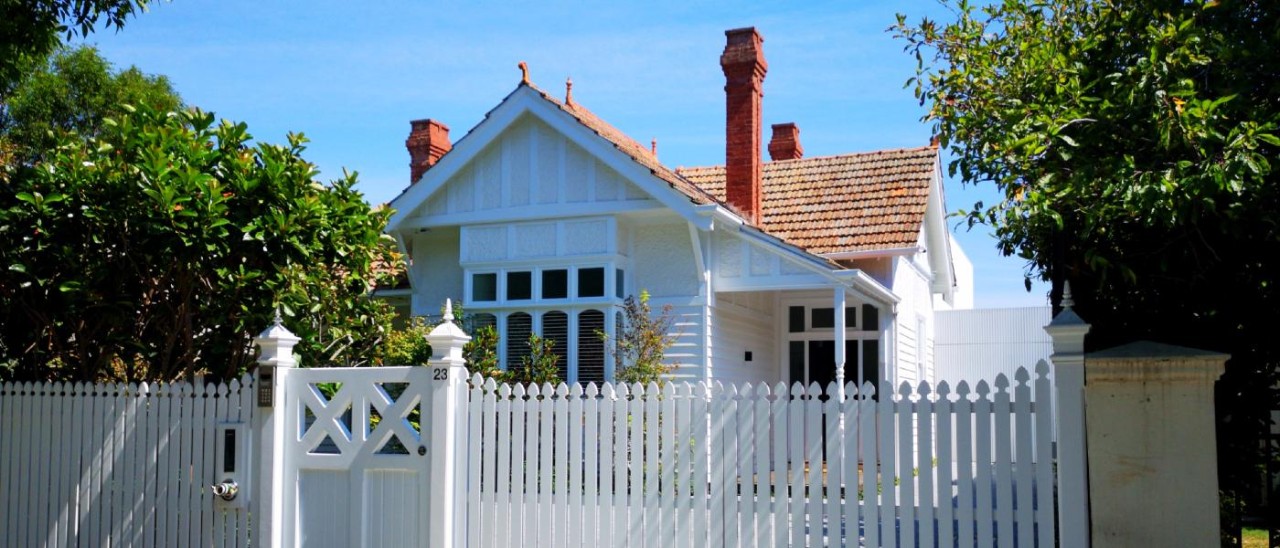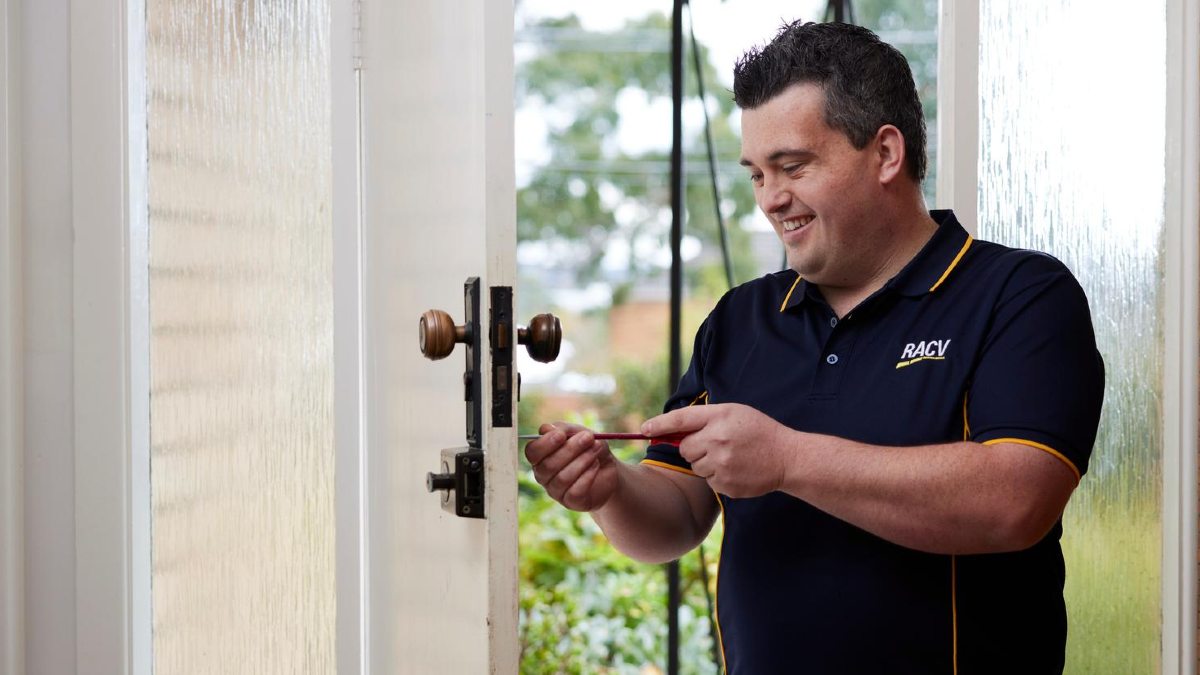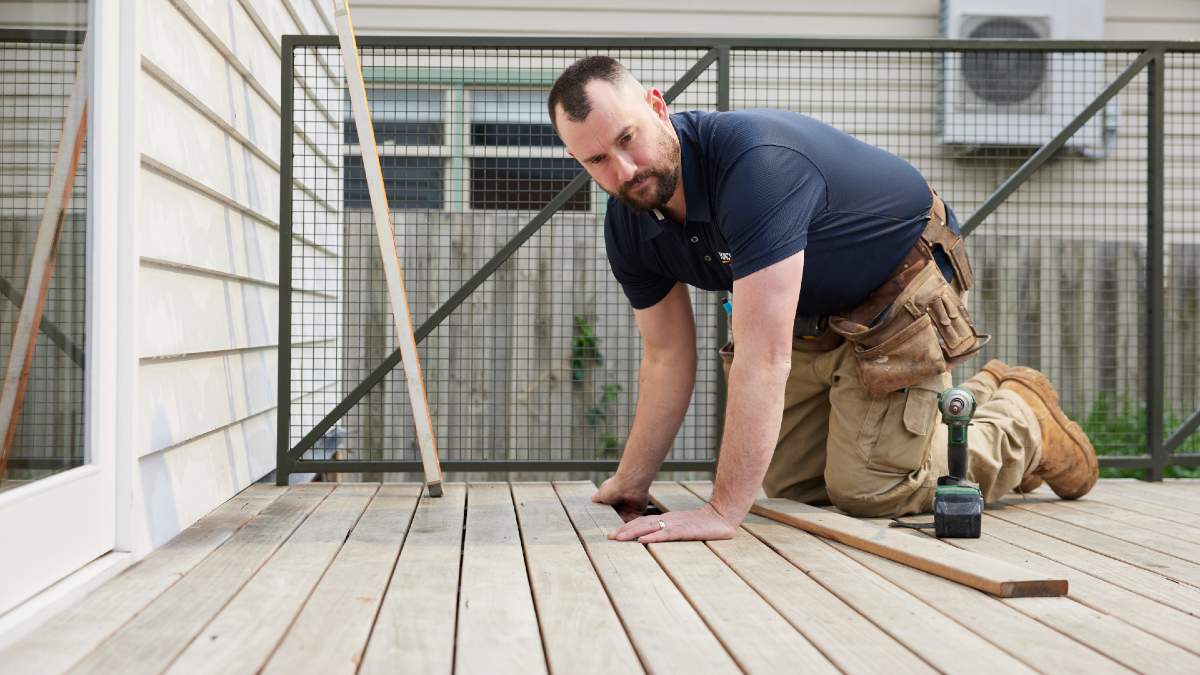Summer can also lead to higher energy bills as we try to keep our homes cool. The good news is there are simple hacks to lower your energy consumption and save money.
Regular home safety and maintenance checks to keep your home in top shape

Following this home safety checklist can help you prevent injuries and save you from expensive repairs down the road.
Most of us know the importance of taking care of our health. But you may not realise how important it is to take care of your home's health too. Falling behind with your home maintenance checks can put the safety of your family, home and contents at risk.
Not only can failing to maintain the health of your home result in injuries to yourself or others, but the costs can add up too. Many issues in the home are quick and cheap to repair early but can become expensive and timely problems if left for too long.
How often you need to carry out home maintenance checks varies between individual tasks, with many jobs able to be carried out by yourself (as long as you feel safe and comfortable using a ladder). But for other checks, you'll want to call in the experts for a job done well and safely.
Buying a new home? A pre-purchase property inspection can help you save money in the long run.
Important home safety checks
Safety maintenance checklist for your home
Smoke alarms
How often: test monthly, clean yearly, replace entire unit every ten years
Ensuring your smoke alarms are working is one of the most important regular checks to carry out. Alarms should be tested every month by pressing the test button on the unit – a working unit will beep three times. Rental providers must ensure that smoke alarms are tested at least once every 12 months.
Units should be cleaned using either a duster, vacuum or wipe at least once a year to prevent dust and debris build-up that may impact the alarm's effectiveness.
The CFA recommends all alarms in the home be interconnected and powered by a 10-year lithium battery. If your alarms are powered by a 9-volt battery, these should be replaced yearly.
All alarm units should be replaced at least once every ten years.
Gutters
How often: clean twice yearly, at the start of summer and at the end of autumn
You probably don't think about your gutters much...until you start getting water damage marks in your ceiling. Your gutters need to be cleaned of leaves, dirt and debris at least twice a year.
Autumn is one of the best times to clean gutters due to the increased leaf matter that can accumulate, as well as to be prepared for winter and what are usually the wettest months of the year.
Cleaning them out again before summer starts can also help ensure they're clear following the winter and spring rains.
Mould
How often: as soon as mould or a musty smell becomes apparent
Few household hazards are as unsightly as mould. Those tell-tale black spots are often the first signs of mould, but the spores can also appear blue, green, white, yellow, orange, grey or brown. Mould that you can't see (for example, beneath a carpet or in the ceiling) often exudes a musty smell.
Preventing mould is much easier than eliminating it. Reducing moisture and increasing ventilation is key, while dehumidifiers can create a less appealing environment for mould spores to grow in.
Bathrooms are particularly prone to mould but this can be reduced by keeping the space well-aired, installing and using an exhaust fan, removing soap scum and fixing any leaky plumbing will help minimise your risk.

Keeping the barrel of your locks clean and maintained can help protect your keys.
Heating and cooling systems
How often: Yearly, prior to peak usage season
You don't want to leave it until the first chilly or sweltering day to discover your heating or cooling systems aren't working. It's recommended that both air conditioners and heaters are serviced at least once a year, ideally prior to their high use season. For heaters, that means April-May, and for air conditioners, October-November.
Keeping your heating and cooling systems in good order not only improves air quality (mould and bacteria can build up in machines that go too long without a service), but it can also minimise your power bills as well, with poorly maintained units often less energy efficient.
The average air-con unit lasts a decade, but you can get even more mileage out of yours by servicing it regularly and cleaning its filters using a vacuum. The same goes for heaters – don't expect yours to last the average 15-20 years if you're not servicing it regularly.
Security
How often: locks changed on moving in, service home security systems every one to two years
You've probably heard the advice to change your locks upon moving into a new home, and this is something both property owners and renters can do.
What you might not know is that your locks aren't set and forget; they require maintenance to prevent keys from jamming in them. If your locks are getting a bit sticky, a bit of graphite powder will help lubricate them – find out more here.
If you have a home security system installed, it's recommended you have it serviced every one to two years to make sure it's still working as it should. You can also quickly review the security arrangements at your home by using Neighbourhood Watch's How Safe is my Place online tool.

Get a professional tradesman to help with deck repairs and maintainence.
Solar panels
How often: cleaned roughly once a year, serviced every one to two years
Solar panels are a fantastic way to power your home or vehicle with cleaner energy and save money at the same time. They do need to be cleaned and serviced from time to time, however.
Rain will help keep your panels clean to some extent, though it's still advised you clean them yourself roughly once a year to remove any tough dirt or debris. If you live in a dry climate with less than average rainfall, you may need to clean your panels more often. Use a professional solar panel cleaning service; otherwise, it's recommended you use a long-handled mop or sponge to clean your panels safely from the ground (use only water and a mild detergent, if necessary).
Your solar panels should be serviced every one to two years if otherwise working well.
If you're moving into a new property with existing solar panels, try to get as much information on the system from the previous owners, including copies of compliance and warranty documents, whether the system has solar systems monitoring, and when the panels were last serviced.
Child and elderly safety checks
How often: no requirement, but recommended if concerned about the safety of children or elderly family members in the home
You'd be surprised how many household fittings and furnishings can pose a risk to babies and children in your home. If you're considering starting or growing your family, it's a good idea to identify potential risks throughout your home. Even innocuous items like bookshelves, power points and curtain cords can pose a risk.
For those who are older but still living independently, a senior safety inspection can highlight any slip or trip hazards, plus where safety modifications that could potentially improve accessibility (such as handrails).
Gas and electrical appliance safety checks
How often: required every two years for rental properties
In Victoria, it's mandatory that rental properties have their gas and electrical appliances and fittings checked every two years. This ensures that your rental is not only safe and efficient for tenants, but compliant with current legislation as well. An additional minimum rental standards inspection can give you further peace of mind that your investment is compliant and safe for your tenants.


